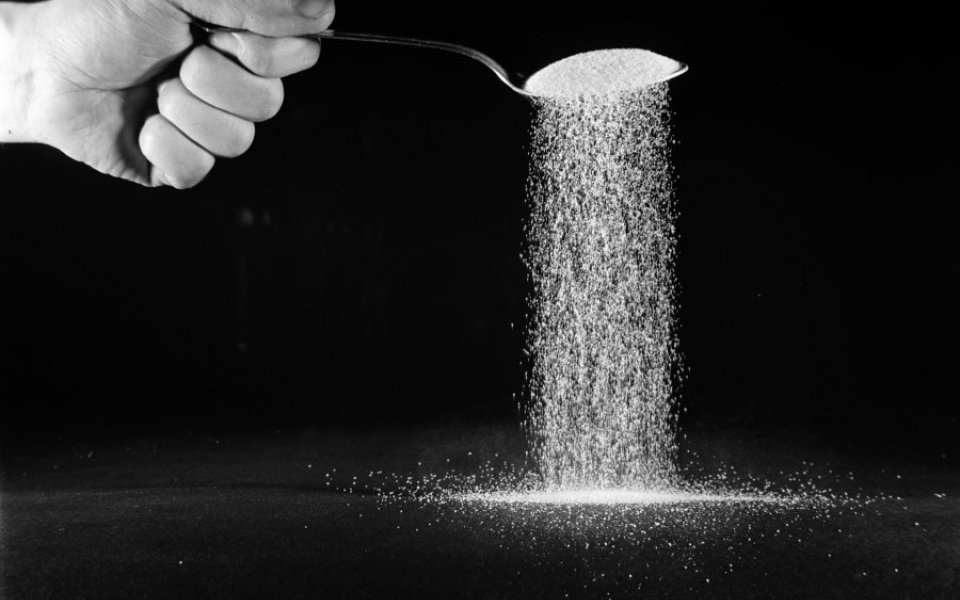Why sugar taxes don’t work: They are effective revenue raisers, precisely because they are so ineffective at changing behaviour

You get the impression from sugar tax campaigners that nobody has ever tried taxing food and soft drinks before.
There is heavy reliance on computer models and predictions rather than real-world evidence. There is a reason for that. There have been dozens of taxes on sugary drinks around the world and none of them have led to a reduction in obesity.
As I point out in a new IEA briefing paper, consumers react to such taxes by (a) taking the hit and becoming a little poorer, (b) switching to other energy-dense food and drink, (c) purchasing cheaper brands of the same products, and/or (d) shopping in cheaper shops.
People do respond to incentives, but not necessarily in the way the government intends.
It says a lot about the ineffectiveness of sugar taxes that campaigners point to Mexico when pushed for an example of a real-world success story.
This is a poor country in which the poorest consumers responded to a substantial tax on sugary drinks by reducing consumption by 36 ml a day. This amounts to just 16 calories. A man needs 2,500 calories a day to maintain a normal weight.
As Tom Sanders, a professor of nutrition and dietetics, has said, it is ‘a drop in the caloric ocean' and yet it is still more impressive than anything seen in rich countries where the effect of taxing soda has been essentially nil.
For all the talk of tackling obesity, the Mexican soft drink tax was another way for the government to raise revenue (a tax on pet food was introduced at the same time despite there being no obesity crisis among Mexican animals). It's been a nice little earner for the Mexican government and a similar tax here would pluck a billion pounds a year from the pockets of British consumers, particularly those on low incomes who tend to drink more fizzy pop.
These kinds of 'sin taxes' are effective revenue raisers precisely because they are so ineffective at changing behaviour.
This is the main finding from economic research on soft drink taxes: demand is inelastic so people generally pay up. As a bonus, politicians are given the rare opportunity to take the high moral ground while robbing the poor.
This gives the sugar tax proposal a certain Machiavellian appeal but it is not sufficient reason to introduce something that is known to be ineffective, regressive and unpopular.
